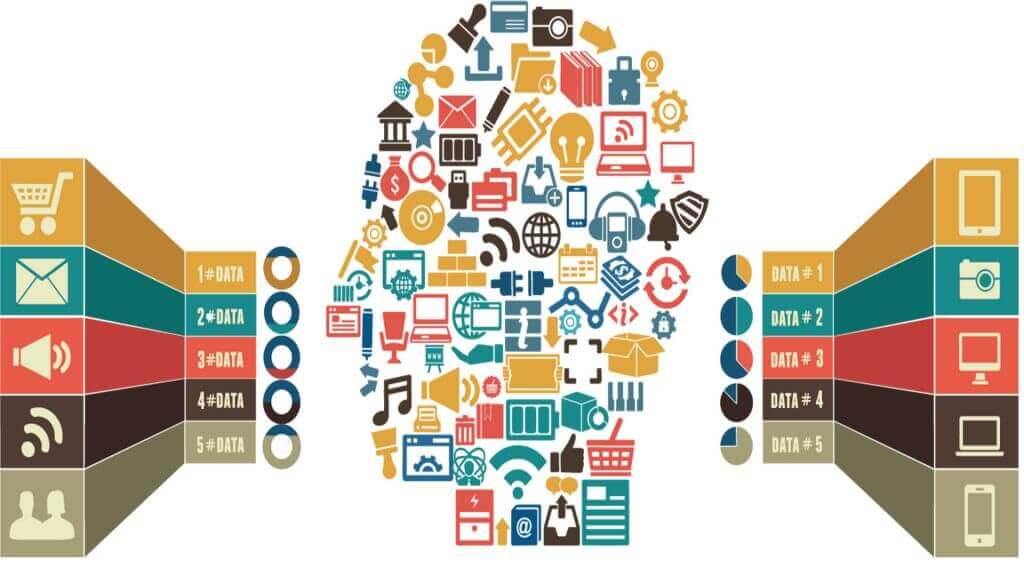
Driving direct bookings is a top priority for hoteliers. According to industry research, direct bookings are on track to grow to a 50% share of all bookings in the US by 2022.
NB: This is an article from ADARA
The reason behind this concerted effort from hoteliers is clear. In driving direct bookings, hoteliers can gain additional data points and increase revenue alongside bookings from non-direct channels. While hotel brands generally have some profile and historical data in their databases, driving direct bookings gives them further data on their customers’ behaviours and patterns.
Access to customer data helps hoteliers deliver the best possible experience before, during and after their stay. It reveals individual preferences and shows the potential for ancillary sales. Most importantly, that data alongside other data sources allows for more personalised communications that can translate into future bookings.
Driving loyalty
Incentivisation and loyalty programmes are key to encouraging direct relationship pre-purchase. In fact, ADARA research has found that 65% of leisure travellers who book directly with a hotel are members of that hotel’s loyalty program. Targeted brand advertising should, therefore, make a virtue out of free or boosted WiFi, meal packages, in-room entertainment and general rewards, emphasising that this is only available by booking direct.
An example of a travel brand using loyalty schemes to drive direct bookings is ANA airlines in Japan. The travel brand allows Japanese consumers the ability to share their air miles with up to eight family members outside of Japan. The strategy is designed to create brand affinity that drives direct bookings into Japan from international points of origin. ANA airlines also gives customers upgrade points which can be used for flight upgrades, separately from miles.
Boosting the relationship – and data – on the ground
The in-property experience is also a vital part of building the foundations for future loyalty. Non-direct booking channels provide the convenience of a slick booking experience but only the hotel can build that one-of-a-kind brand experience.
Whether it’s the newspaper the guest prefers, a request for extra pillows or expressing interest in watersports or cultural activities, these are data points that can be gathered and stored to build out a delightful and surprising experience for the customer across their interactions with the hotel brand. Preference data such as this is invaluable for enticing customers back and can be more valuable than offering points or discounts.
In fact, the trend towards understanding personal preferences rather than a basic financial value exchange is beginning to influence the loyalty schemes themselves. While many airlines offer rewards such as miles and points, for example, others such as Delta are introducing exclusive activities such as back-stage passes to concerts.
Not every loyalty lever has to be a once-in-a-lifetime experience. Delta’s perk was aimed at a top-tier traveller. But even applied simply, such as a tailored email detailing next season’s watersports schedule and a personalised package of activities, personalised perks are key to retention of past customers and building that direct relationship.
Offering exclusive rewards also provides travel brands with valuable data both on interests and price sensitivity. This data can be used to tailor hotels and experiences on holiday. For example, if a customer cashes in their loyalty points for a concert, then hoteliers will know that they are interested in music. This information can be used to offer more concerts and experiences that the customer will enjoy. Moreover, capturing the number of points the customer is willing to exchange or bid for a concert provides insight into how much they value that particular activity and is useful for setting future price points.
However, this doesn’t mean that brands should offer blanket deals on concerts. Travel brands should also consider price points when contacting consumers with personalised events. In other words, travel brands must understand that consumers sitting in economy will have different budgets compared to first-class passengers.
Using data to be proactive
Loyalty is never a given in hospitality. Airlines have their loyalty schemes and regular routes for business travellers that cement frequent flying to a degree, but hotels, in particular, are at the mercy of curious customers. More than half of travellers search for more than one hotel when they’re booking a trip.
Understanding what the customer is doing while they are on that booking journey, or how their behaviour has changed since they last booked is an opportunity for the hotel brand to react and deliver on the loyalty experience.
There is more data available than ever before to help brands understand what particular, targeted segments of their customer base are searching for at any given time. In knowing the intent and interest behaviours of travellers, and notably, how they change during the customer’s research, hotels can recommend truly relevant and compelling content.




